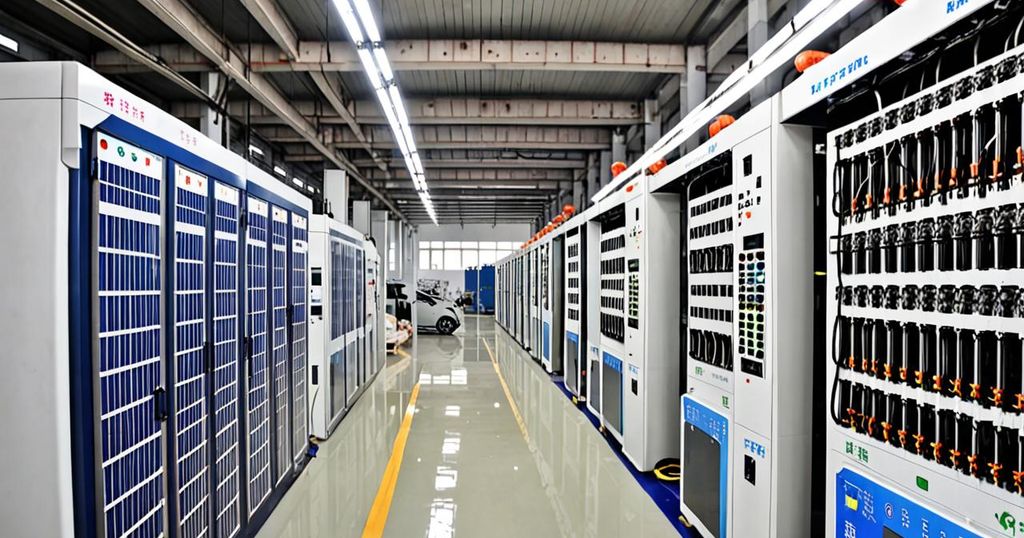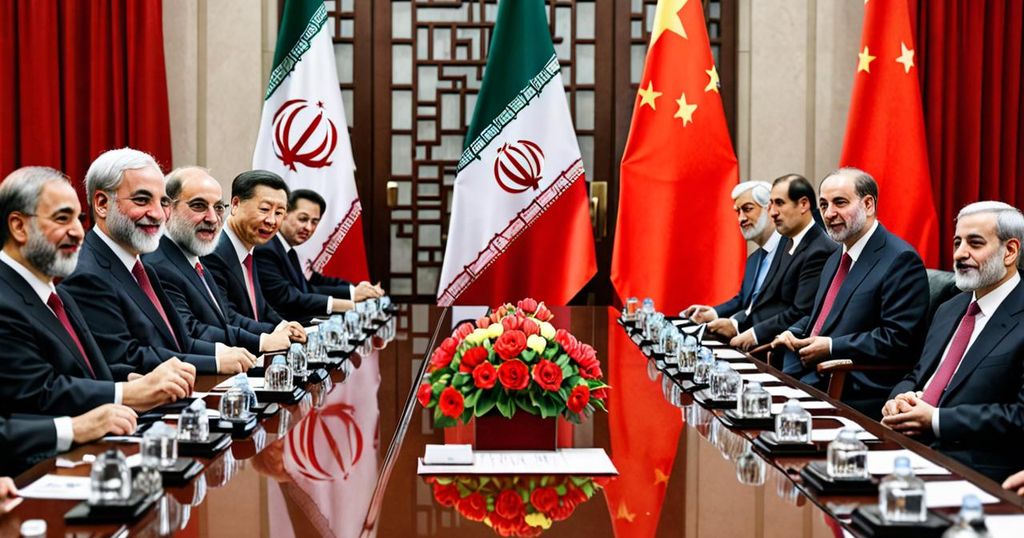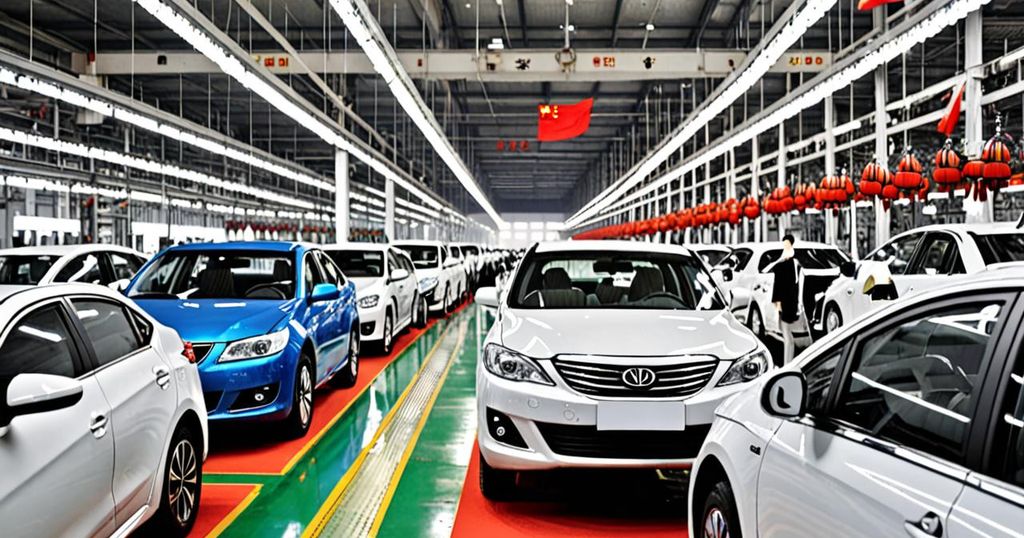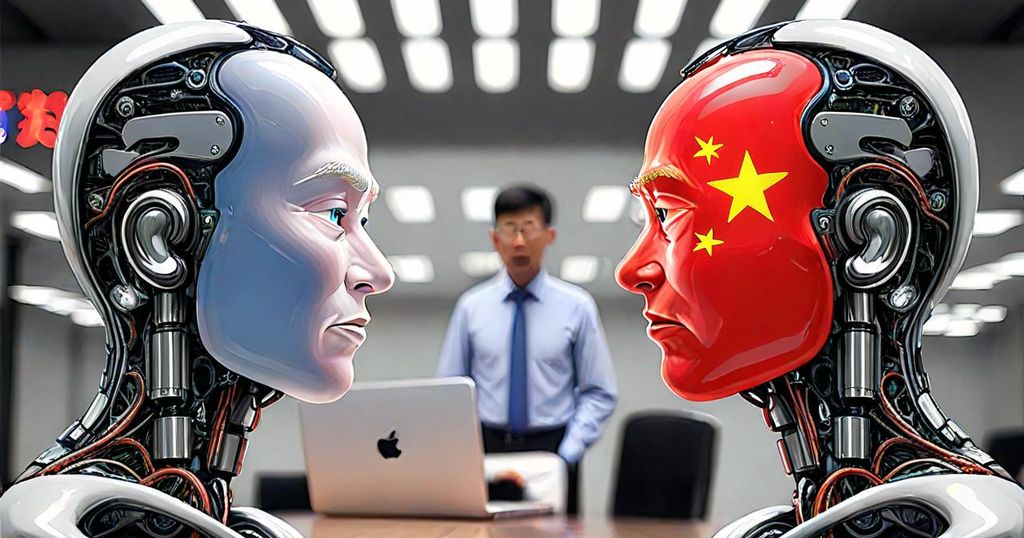Volkswagen is taking significant strides in China by aiming to introduce an electric platform for the entry-level segment within a mere 36 months. This endeavor is a fundamental component of the company’s ‘in China for China’ strategy, exemplifying their dedication to assimilating into China’s industrial ecosystem and tailoring products to suit the preferences of Chinese consumers. Ralf Brandstätter, Volkswagen AG Board Member for China, underscored the necessity of maintaining a competitive edge in a dynamic market environment and the importance of rapid development.
The creation of a China-specific electric platform for the entry-level segment underscores Volkswagen’s commitment to the Chinese market. This platform will leverage China-specific solutions for the battery, electric drive, and electric motor, ensuring both cost efficiency and swift market readiness. Mr. Brandstätter emphasized that this approach will enable the company to significantly reduce development time and effectively reach new customer groups in China’s dynamic electric car market.
The company is restructuring its organizational framework to foster collaboration and efficiency, with the Volkswagen China Technology Company assuming a central role in this endeavor. By consolidating vehicle and component development and procurement in Hefei, Volkswagen aims to streamline decision-making processes and minimize interface points between different areas. This holistic approach, coupled with close networking with joint venture companies and local suppliers, is expected to yield substantial cost advantages.
Furthermore, Volkswagen’s emphasis on a high localization rate and early supplier involvement aims to generate additional cost efficiencies. The integration of cutting-edge technologies from local suppliers and the construction of a supplier park in Hefei underscores the company’s commitment to leveraging the innovative potential of the Chinese market.
Additionally, Volkswagen has achieved a global debut with its electric vehicle testing, shortening the vehicle testing phase from three months to just one. The utilization of virtual reality (VR) technology and innovative manufacturing processes at the Volkswagen Anhui plant further illustrates the company’s dedication to accelerating production and development while upholding stringent quality standards.
With approximately 1,200 specialists presently employed at VCTC in Hefei, and an anticipated increase to 3,000 by the end of the following year, Volkswagen is evidently committed to realizing its objectives of rapid development, cost efficiency, and upholding quality and safety standards. The company’s investment in new technologies and infrastructure underscores its resolve to play a leading role in the new era of intelligent connected vehicles (ICV) in China.
In conclusion, Volkswagen’s accelerated pace of innovation in China exemplifies their commitment to meeting the evolving needs of Chinese consumers and capitalizing on the dynamic electric car market. The company’s comprehensive approach to localization, emphasis on collaboration, and investment in state-of-the-art technologies all contribute to driving forward their ‘in China for China’ strategy.








